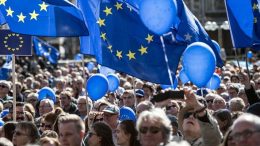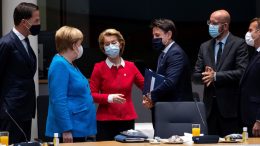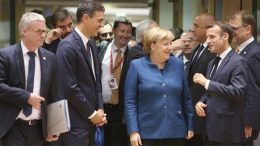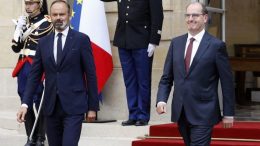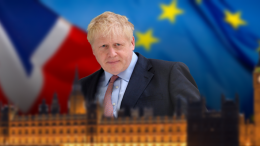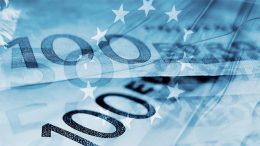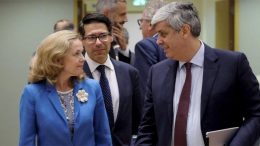The EU Makes History: Takes The Clearest Step Towards Integration And Cooperation In years
After more than four days of arguing, European leaders agreed on a historic European Recovery Fund worth €750 Bn, that will be split between €390 Bn in grants and €360 Bn in loans. This split represents a 52%/48% compromise for the Frugal Four versus the initial proposal of two thirds of the Fund being disbursed as grants. This is the analysis of Esty Dwek, Head of Global Market Strategies at Natixis IM Solutions, on the agreement reached at the European Summit.

